Enterprise Resource Planning is often abbreviated as ERP. The term refers to the planning of the different types of resources available to an enterprise. In practice, ERP primarily refers to the ERP system.
An ERP system
is the software that makes the targeted use of company resources as efficient
as possible. In other words, it is a system that streamlines business
processes.
In practice, this is done by connecting different departments of a company and allowing them to work with one system. For example, a company works with one joint software program.
Where previously different tasks within a company were controlled with different types of software, the same program is used in an ERP system, regardless of the department to which the tasks are assigned.
Processes such as inventory and order management, accounting, human
resources, purchases, and customer management are thus linked. This ensures an
efficient form of management and information management.
ERP systems are therefore suitable for both large companies
and SMEs because they can improve the way business processes are handled.
Regardless of the size of an organization.
Why Do Companies Use ERP Software?
Our ERP software controls a large number of industries as an overarching program. Because different business departments work with the same system in this setup, an organization becomes more effective in day-to-day operational tasks.
Compare it to a situation where different software programs run different departments. The chance that business processes that run through multiple departments do not connect well with each other is a lot greater than when everyone works with the same software. When using an ERP system, there are no problems with incompatibility between different programs. This ensures time and costs savings.
The system also helps to store company data in one central
place. The data integration of different business departments provides another
crucial advantage: ERP accounting software provides direct insight into the financial status of a company by centralizing revenues, expenses, invoices,
delivery times, contracts, and purchase agreements.
With access to that real-time data, companies can coordinate day-to-day activities. In this way, efficient collaboration between different departments within a company is controlled.
In addition to providing real-time
visibility into business profitability, an ERP program also enables
entrepreneurs to quickly share data with customers and shareholders. ERP
software uses customer-friendly interfaces that promote clear communication.
Accounting Software in ERP helps a company to work more efficiently. How? By linking
various time-intensive and error-prone business processes, such as purchase and
sales management, invoicing, and Customer Relationship Management. The
entrepreneur therefore manages all workflows via one platform, and not via
standalone solutions or applications from various suppliers.
Advantages Of ERP
1) All Business Processes Form One Whole
By using a central management system, all business processes are integrated. Do you think what is an ERP system in accounting? From purchasing to stock management, from customer relationship management, from project management to accounting: ERP software gives you complete control over all your business and accounting processes.
2) You Work Faster And Error-Free Thanks To Automation
Because everything is connected by means of software, many processes can be automated. You no longer have to manually count the stock or follow up outgoing and incoming invoices.
The software does that for you. In addition, data only needs to be entered once. Thanks to an automated ERP workflow, you not only save time, but you also exclude human errors.
3) You Gain Insight Into Your Business Processes
Thanks to ERP software, you always have access to real-time data, which is supplied uniformly, anywhere and at any time. So you can get started right away, regardless of which department the information comes from.
4) Integration With Your Web Shop
Do you run an online store? Then you can also link it to your ERP Accounting Software. Entering customer, article, invoice, order, and stock data are therefore largely automatic.
You always have up-to-date data. And if you change the price or a description of one of your items, it will automatically be displayed on the site.
5) Enterprise Resource Planning Tailored To Your Business
The name Enterprise Resource Planning makes it seem that ERP
software is only applicable for large companies ('enterprises'), but that is
not true. Small SMEs also benefit from a software package that centralizes and
streamlines all logistical, administrative, and financial business processes.
Therefore, always choose ERP accounting software tailored to your company. Modular ERP packages make it easy for you. You only order what you need at the moment. If your company grows, you can add extra packages. Each additional module is fully compatible with what you already have.
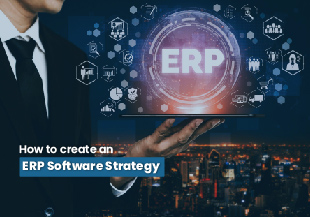

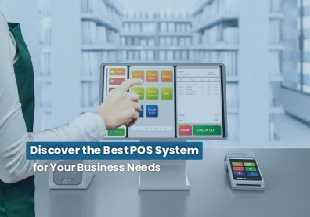
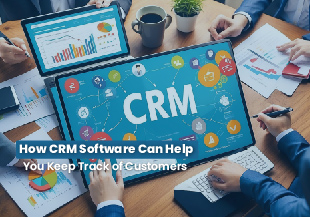
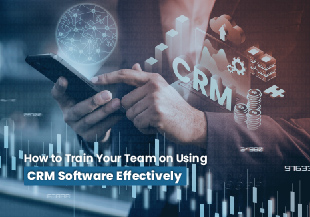
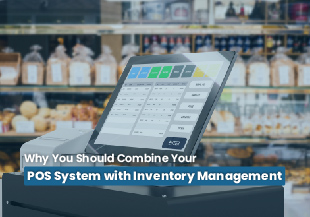
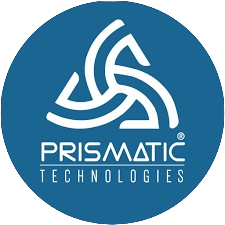 Chat with Prismatic Bot
Chat with Prismatic Bot